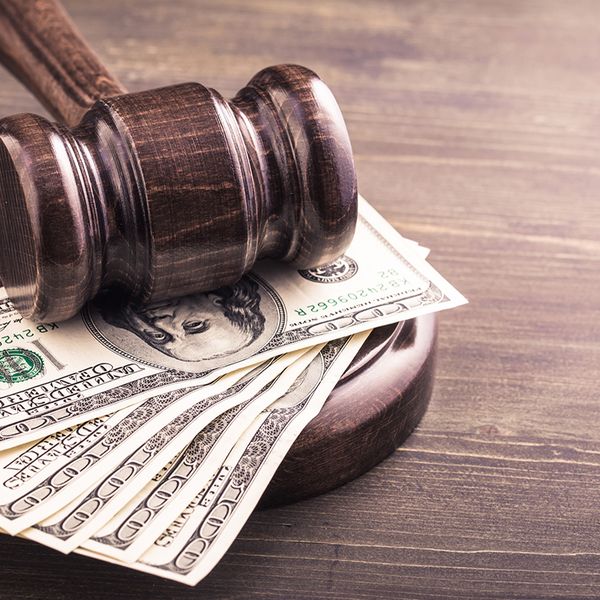EPA updates self-policing FAQs to reaffirm commitment to Audit Policy Program
If you missed the March 1 st deadline to submit your Tier II data (or found some other environmental violation at your facility), you may want to check out EPA’s Self Audit Policy Program. The agency recently updated its Self-Audit FAQs to reaffirm its commitment to the program. The self-policing program provides incentives for voluntary discovery, disclosure, and timely corrections of environmental violations. These incentives include reduced or avoided penalties if you meet the conditions of the self-disclosure policy.
To qualify for the incentives, a facility must voluntarily report the self-discovered violation to EPA’s centralized web-based eDisclosure portal within 21 days of discovery.
A few conditions
Facilities must meet the following conditions to qualify for the benefits of the Audit Policy. However, EPA says that even if the conditions weren’t completely satisfied, the violator may still qualify for reduced penalties and a recommendation for no criminal prosecution of the violations.
Qualifying conditions
- Systematic discovery of the violation through an environmental audit or the implementation of a compliance management system.
- Discovery of the violation was not found as the result of a legally required monitoring, sampling, or auditing procedure.
- Prompt disclosure (21 days or less from discovery of the violation).
- Self-discovery and disclosure (before EPA or other regulator would likely have found the violation).
- Correction and remediation within 60 calendar days from the discovery of the violation.
- Prevent repeat occurrences of the violation. (Repeat violations do not qualify for the incentives.)
Note that certain types of violations do not qualify for the Audit Program incentives, including those that result in serious actual harm, those that present an imminent danger, and those that violate the specific terms of a legal agreement.
Self-reporters are expected to cooperate with EPA in correcting the violation.
EPA’s Audit Policies
EPA’s Audit Policy Program is made up of three self-disclosure policies:
- The general Audit Policy provides major incentives for facilities to find and fix environmental violations.
- The Small Business Compliance Policy applies to companies with 100 or fewer employees and incentivizes self-discovery of violations. It offers a more generous reduction in penalties than the general Audit Policy.
- The New Owner Audit Policy offers additional incentives to help new owners of a facility make a “clean start.” This policy applies to new owners up to nine months of acquiring the new business.
EPA says that since 2015, it has received more than 2,800 reports of self-discovered violations through the eDiscovery portal.























































